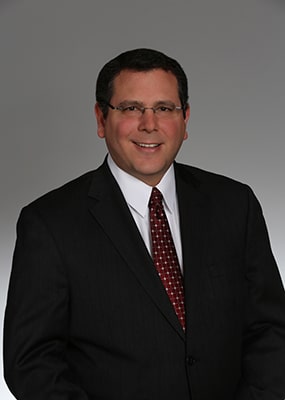
Pending Legislation Regarding Tree Removal Affecting Community Associations
With the 2022 legislative session ending on March 11, very few pending association-related bills were passed this year. However, one very important bill relating to tree removal for community associations was passed through both houses and now awaits the governor’s signature. This bill, if signed into law, will have a very adverse effect on condominium and homeowners associations.
As many may recall, in previous sessions, the legislature enacted a law to provide that a local government, such as a city or county, may not require applications, permits or other approval processes for the pruning, trimming or removal of a tree on “residential property” if the owner of the property (i.e., association) provides documentation from an arborist or licensed landscape architect that the tree presents a danger to persons or property. Many associations have been operating under the premise that this law would allow a community association to remove or otherwise deal with dangerous trees in the common areas, such as street trees, that pose a danger to the community and would allow the association to deal with these trees without having to go through the extensive permitting and approval process through the applicable cities or counties. In fact, recently, Palm Beach County issued a clarification specifically interpreting the existing law to provide that “residential property” includes association common areas and would allow associations to remove trees without going through the cumbersome permitting and approval process.
However, the pending bill that is awaiting the governor’s signature would reverse this position in a way that would negatively affect community associations. The pending legislation specifically defines “residential property” to mean a single family or detached building located on a lot used for single family residential purposes. Therefore, under the new law, if it were to go into effect, it would become clear that trees located in the association’s common property would not be allowed this exception and would have to go through the applicable permitting and approval process with the city and/or county in which the tree is located.
We understand that several groups that advocate on behalf of community associations are currently lobbying the governor’s office to veto this pending legislation. However, if it is signed by the governor or otherwise goes into effect, it will be effective as of July 1, 2022. Therefore, if your association is considering removing or otherwise maintaining trees that may pose a risk to the community and its residents, it is very important that you consult with association counsel to determine your rights and remedies, and whether or not you need to go through any applicable county or city permitting or approval processes.

Steven G. Rappaport is a Partner in the Community Associations Practice Group. Mr. Rappaport handles transactional matters for the firm’s community association clients, including drafting amendments to governing documents, attending Board meetings and elections, handling covenant enforcement disputes, and providing opinions on all aspects of association issues.
When you subscribe to the blog, we will send you an e-mail when there are new updates on the site so you wouldn't miss them.

Sachs Sax Caplan, P.L. is proud to be recognized by The Florida Bar for our commitment to hiring and developing Board Certified Attorneys.

